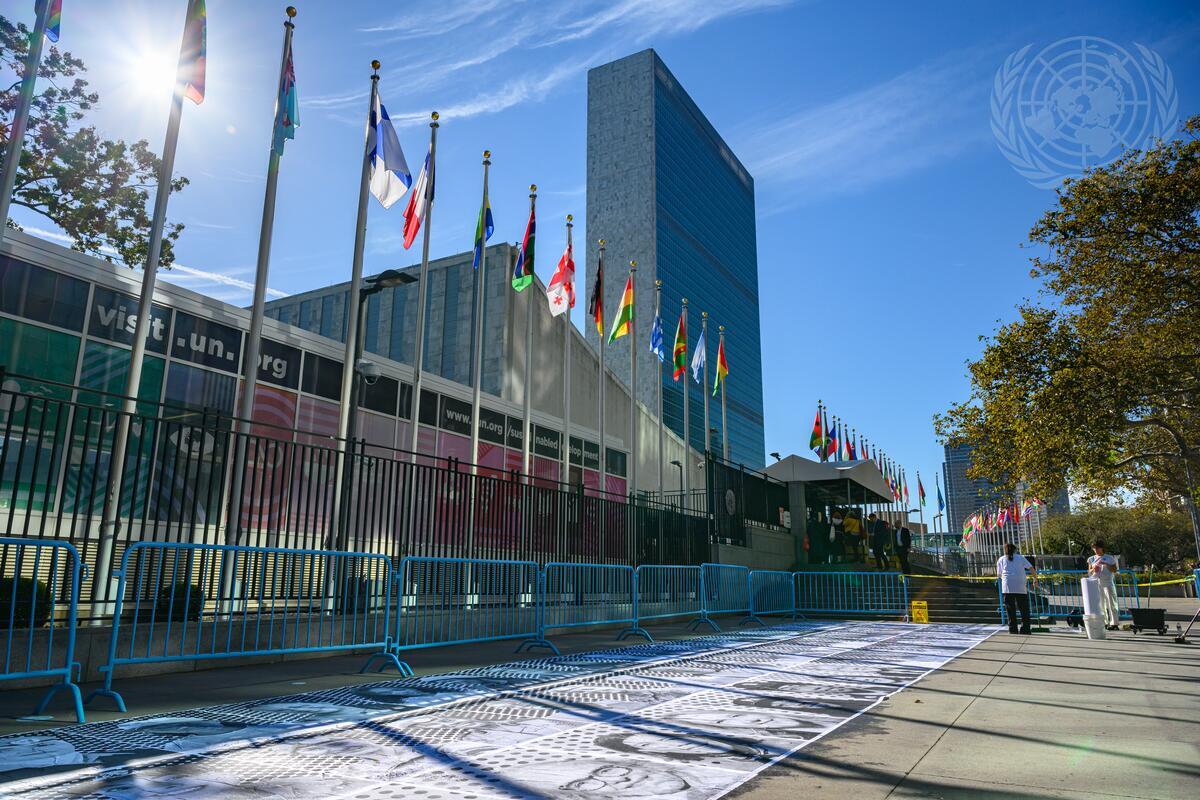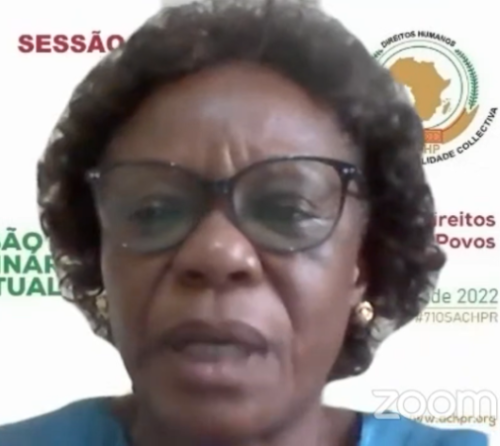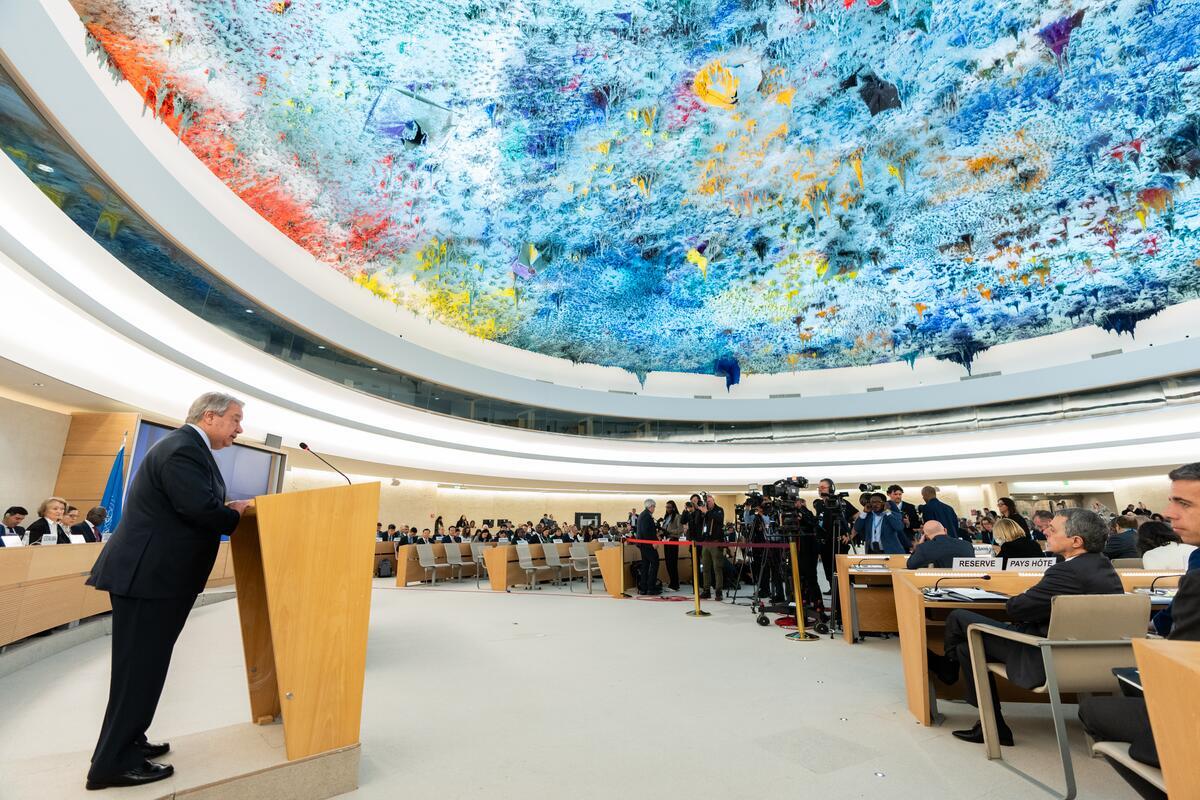On 30 April 2022, Com. Maria Teresa Manuela, Special Rapporteur on Prisons, Conditions of Detention and Policing in Africa, presented her inter-sessional activity report. The report called on states to allocate funding to prisons and other places of detention, renovate and build new prisons in line with the Revised Standard Minimum Rules for the Treatment of Prisoners (the Mandela Rules) to improve the standards and conditions of detention, taking into account the post pandemic period, as well as adhere to and comply with the World Health Organisation’s Interim Guidelines on Preparedness, Prevention and Control of Covid-19 in prisons and other places of detention.
On behalf of ISHR and CFJ, Stéphanie Wamba, ISHR’s Africa Programme Advocate delivered a joint statement on the inhumane prison conditions, including denial of family visits, legal consultation and medical care that contributed to the deaths of 958 detainees, including 9 minors in Egypt as documented by CFJ.
Consequently, the statement highlighted important concerns about the death of Ayman Hadhoud, who died in the custody of the Egyptian security forces following his enforced disappearance. The family’s lawyer said the prosecution was preparing to close the case without further investigation after denying them access to the file and the forensic medicine report.
Despite the huge risk of COVID-19 outbreaks in Egypt’s detention centres, authorities have continued to arbitrarily arrest and detain thousands of persons in crowded detention centres. Covid-19 continues to affect detainees since the prison administration has imposed policies limiting the right to receive visits and imposing a violation of the right to judicial review.
Prisons authorities use solitary confinement to punish prisoners detained for political reasons. Some defendants are placed in solitary confinement upon admission, such as Mohammed al-Qassas, Amr Imam and Ahmed Douma who spent 5 years in solitary confinement.
Female prisoners are not exempt. In Al-Qanater female prison, they face torture and gender-based violence in custody with impunity, including humiliating vaginal searches, sexual harassment, and also forced genital examinations for transgender women. Authorities don’t provide any sanitation products or sanitation pads free of charge, and since sanitation pads are sold in prison at twice its market price, women who are unable to pay for them cannot obtain them. Women are kept in overcrowded cells, receive inedible food, water, and denied access to medical treatment.
“We call on the Special Rapporteur to issue public statements condemning the violations detainees face in Egypt and to request a visit to Egypt including detention centres while ensuring that no reprisals against those who engage with the Special Rapporteur take place” concluded Stéphanie Wamba.
Watch the session here




